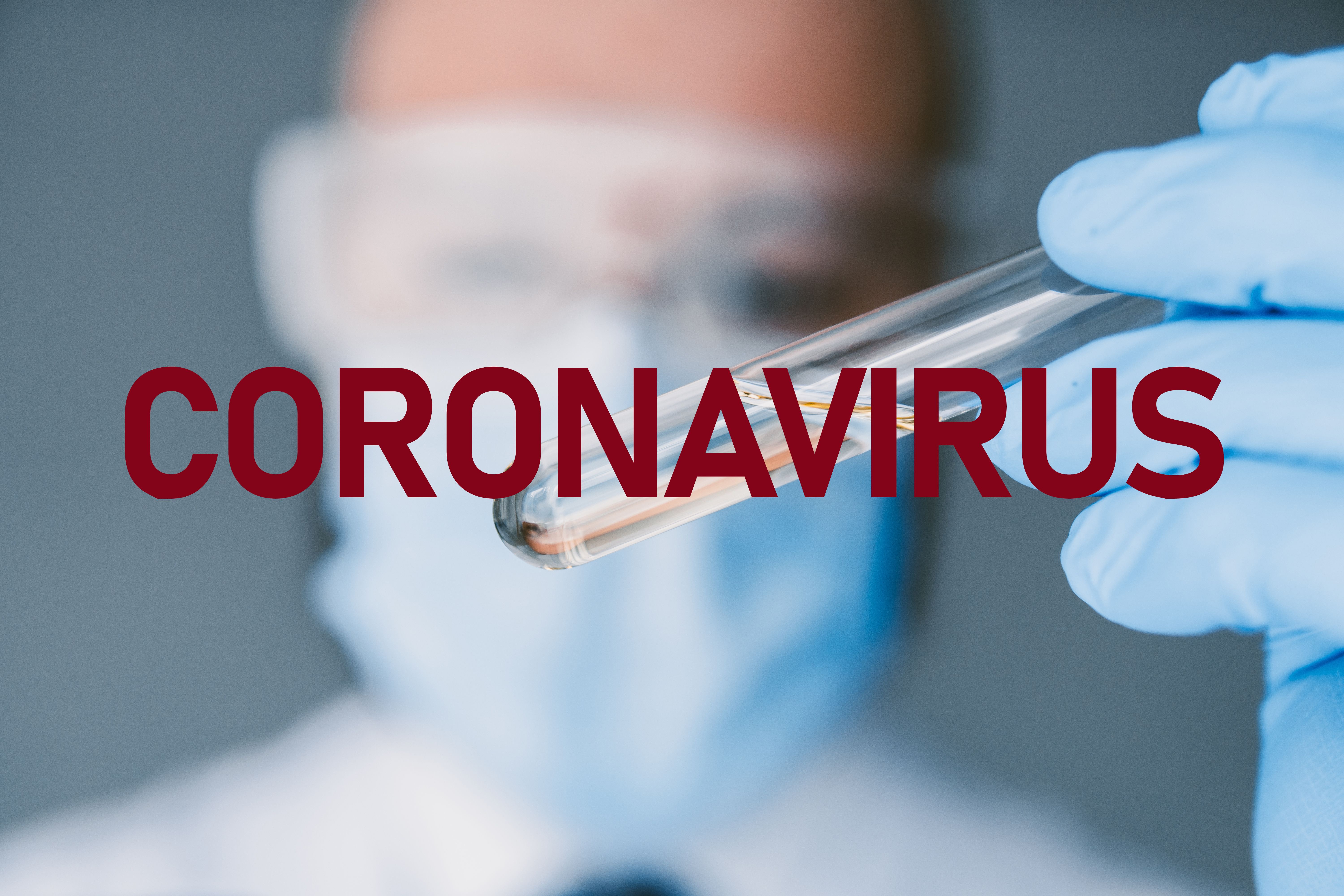Report on SARS-CoV-2 in neonates
In a new letter, researchers from Wuhan Children’s Hospital in Wuhan, China, have provided insights on early-onset SARS-CoV-2 infection in neonates

In a new letter, researchers from Wuhan Children’s Hospital in Wuhan, China, have provided insights on early-onset SARS-CoV-2 infection in neonates. The report appears in JAMA Pediatrics.
In their hospital, the authors treated 33 neonates born to mothers with COVID-19. Their account describes outcomes in three of the neonates who also were diagnosed with the virus. Data included were collected from January 2020 to February 2020.
Cases
Born at 40 weeks’ gestation to a mother with COVID-19 pneumonia, the infant in Case 1 was lethargic and had a fever on Day 2 of life. Chest x-ray showed pneumonia but all lab tests other than for procalcitonin were normal. Nasopharyngeal and anal swabs were positive for SARS-CoV-2 on Days 2 and 4 but negative on Day 6.
Also born to a mother with confirmed COVID-19 pneumonia, the infant in Case 2 had lethargy, vomiting and fever. Chest x-ray showed pneumonia and lab tests showed leukocytosis, lymphocytopenia, and an elevated creatine kinase-MB fraction. As with the infant in Case 1, nasopharyngeal and anal swabs were positive for SARS-CoV-2 on Days 2 and 4 but negative on Day 6.
The infant in Case 3 required resuscitation after cesarean at 31 weeks, 2 days for fetal distress and maternal COVID-19 pneumonia. He was treated with noninvasive ventilation, caffeine, and antibiotics for neonatal respiratory distress syndrome and pneumonia, which resolved on Day 14 of life. Antibiotics also were administered for suspected sepsis. On Days 2 and 4, nasopharyngeal and anal swabs were positive for SARS-CoVo-2 and negative on Day 7.
Symptoms
The authors described symptoms in all 33 infants-including the three infected neonates-as “mild” and their outcomes as “favorable.” They speculated of the most seriously ill neonate that he “may have been symptomatic from prematurity, asphyxia, and sepsis, rather than SARS-CoV-2 infection.”
Conclusions
The researchers concluded that “it is crucial to screen pregnant women and implement strict infection control measures, quarantine of infected mothers, and close monitoring of neonates at risk of COVID-19.”
Buprenorphine use in pregnancy linked to decreased fetal breathing movements
May 18th 2024According to a poster presented at ACOG 2024, use of the synthetic opioid buprenorphine depressed fetal breathing in biophysical profile assessments, but had no significant impact on other factors like amniotic fluid index or fetal tone.
Read More
Laparoscopic RFA linked to enhanced pregnancy outcomes in uterine fibroid patients
May 18th 2024A recent study presented at the 2024 ACOG Clinical and Scientific Meeting reveals that laparoscopic radiofrequency ablation significantly improves pregnancy outcomes for women with uterine leiomyomas.
Read More
Identifying gaps in syphilis treatment and prenatal care among pregnant individuals
May 17th 2024Preventing congenital syphilis comes down to quick diagnosis and treatment of the infection in pregnancy, and the number of missed opportunities to do so in the United States continues to grow.
Read More
